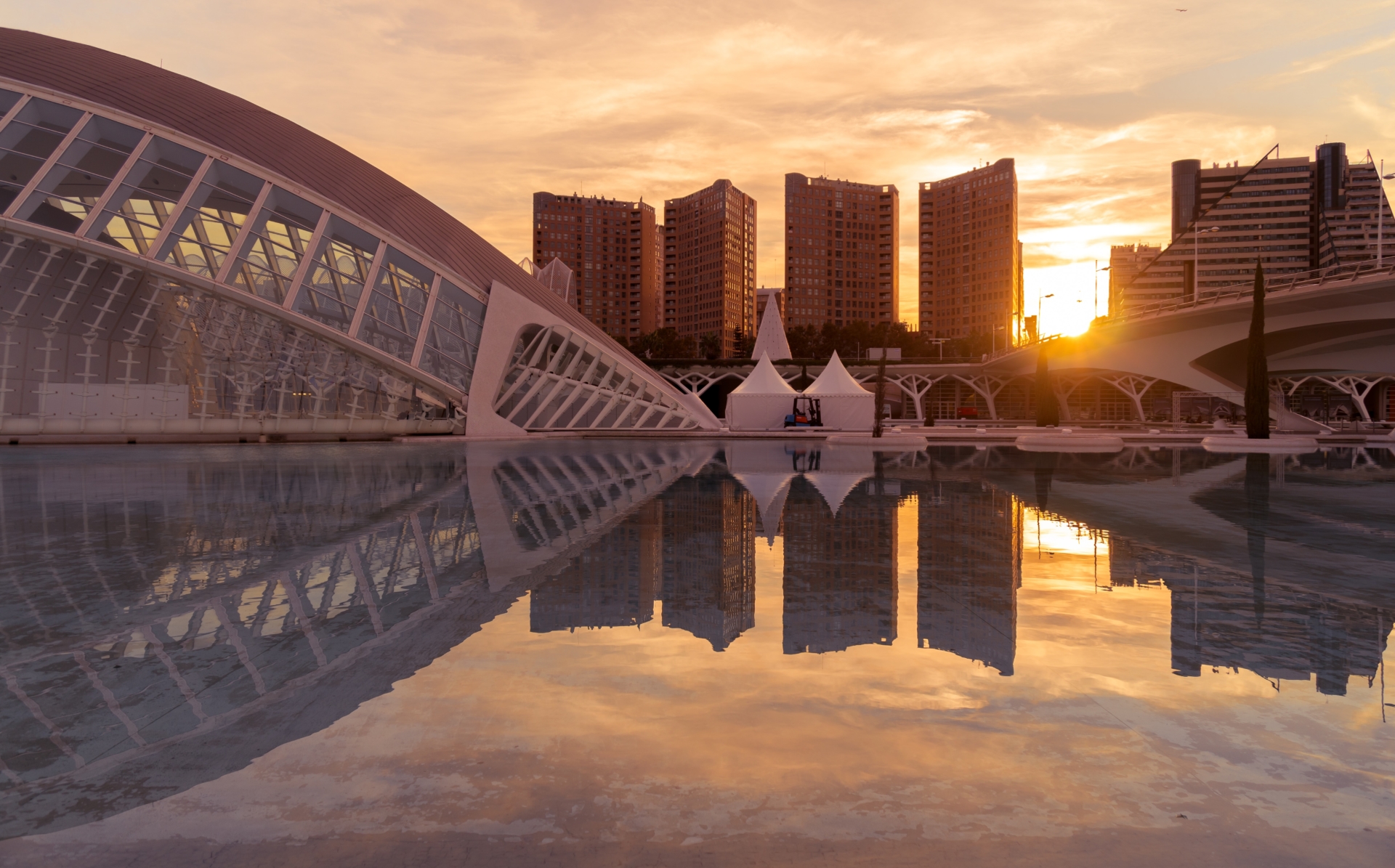With the number of people wishing to relocate to Valencia growing every year, the city has become one of the most sought-after locations for expats in Spain. According to the National Statistics Institute, in 2018, around 13% of Valencia’s total population is comprised of foreign citizens, with one-third of them being European nationals.
With foreigners pouring in the city, experts at international real estate platform Tranio investigate what options expats have if they want to enrol their children in the Spanish educational system. Valencia has a variety of private, public and international schools where children of foreign nationals can receive internationally recognised diplomas from the majority of the city’s institutions.
Choosing between public and private education
Spanish schools can be public (colegios públicos), semi-private (colegios concertados) and private (colegios privados). Private schools are financed and managed by private organisations, which incur fees for students. Semi-private or concerted schools can be partly financed by the state but have a private administration. Most private schools are owned by the Catholic Church. Public schools in Spain are secular and financed by the state. According to a report by the University of Valencia, the management of public schools, unlike the private ones, depends on governmental decisions in terms of the number of places allocated, financing and curriculum.
Students attend classes Monday through Friday and spend between seven or eight hours daily in school. The school year starts in September and usually ends in June.
Nursery and pre-school education is non-compulsory in Spain, whilst primary and secondary education are mandatory.
Early education and childcare (Educación Infantil). Includes two stages: for children under three and between three and six years of age. Both stages of preschool education are non-compulsory. The second stage takes place at school. It is free at public and semi-private schools.
Primary education. Received by children aged six to twelve years (Educación Primaria). This is a compulsory basic education stage.
Secondary education. It consists of two stages. The first targets teenagers from twelve to sixteen (Educación Secundaria Obligatoria). This is a compulsory basic education stage. The second one targets senior students between sixteen and eighteen. This is upper secondary education (Bachillerato), which is non-compulsory and also provided in schools. During this time students receive basic professional training. An alternative to Bachillerato is intermediate vocational training that can be received in vocational training integrated institutions and in national reference institutions.
Upon the successful completion of the compulsory stages of education, students obtain their secondary education certificates. Passing the exams allows them to move on to a higher education institution in Spain.
International schools in Spain
Non-EU families with children looking to buy property in Valencia and obtain residency need to provide proof of their children’s enrollment in a Spanish educational institution. Spanish public educational institutions do not accept children without municipal registration. Private schools have a lower maximum number of students per class, which enables the teaching staff to give more attention to children.
International schools in Spain are private only and incur a tuition fee. Tuition fees vary depending on the school’s level and prestige. The monthly average is €500-600, but to study at Caxton College, for example, it can go up to €2,000-2,500 per month. The costs of transport services, school meals, uniform, study materials, insurance, extracurricular activities and trips can add an extra €200-300 to the monthly expenses. However, international schools are more suitable for the children who do not speak Spanish.
International schools have fewer students than the public ones. If the school is popular, it can have a waiting list for admission. This is to be consulted prior to application.
To apply to an international school in Valencia, an application form, the child’s birth certificate, both parents’ passports, a NIE (foreign tax identification number) as well as Spanish residence and domicile details are required. Many schools administer English language proficiency tests and oral English exams. Some schools may also request information on the child’s academic performance.
Most international schools of Valencia are located several kilometers north of the city. In Valencia there are British and American schools. Subjects are usually taught in English, but Spanish is compulsory as a first foreign language. Children learn Spanish at all educational institutions of the country. It is also obligatory to study Valencian (a dialect of Catalan) as one of the official languages of the Spanish Autonomous Communities (the rest of them are Aranese (a variety of the Occitan language) Galician, Basque and the Catalan itself). There are also educational institutions that use French and German as instruction languages.
British schools teach children based on the UK national curriculum. There studies are organized in five stages: infant school (5–7 years old), primary school (7–11 years old), junior high school (11–14 years), high school (14-16), the sixth form (16-18 years old). At the age of sixteen, students are awarded an IGCSE certificate. Having completed the “sixth form”, they take pre-university A-Level exams whose results are accepted by most universities of the world.
International school graduates receive diplomas to certify that they have followed the educational programme of the non-profit private International Baccalaureate foundation. The secondary education qualification awarded by the foundation enable school-leavers to choose universities all around the world for further education.




